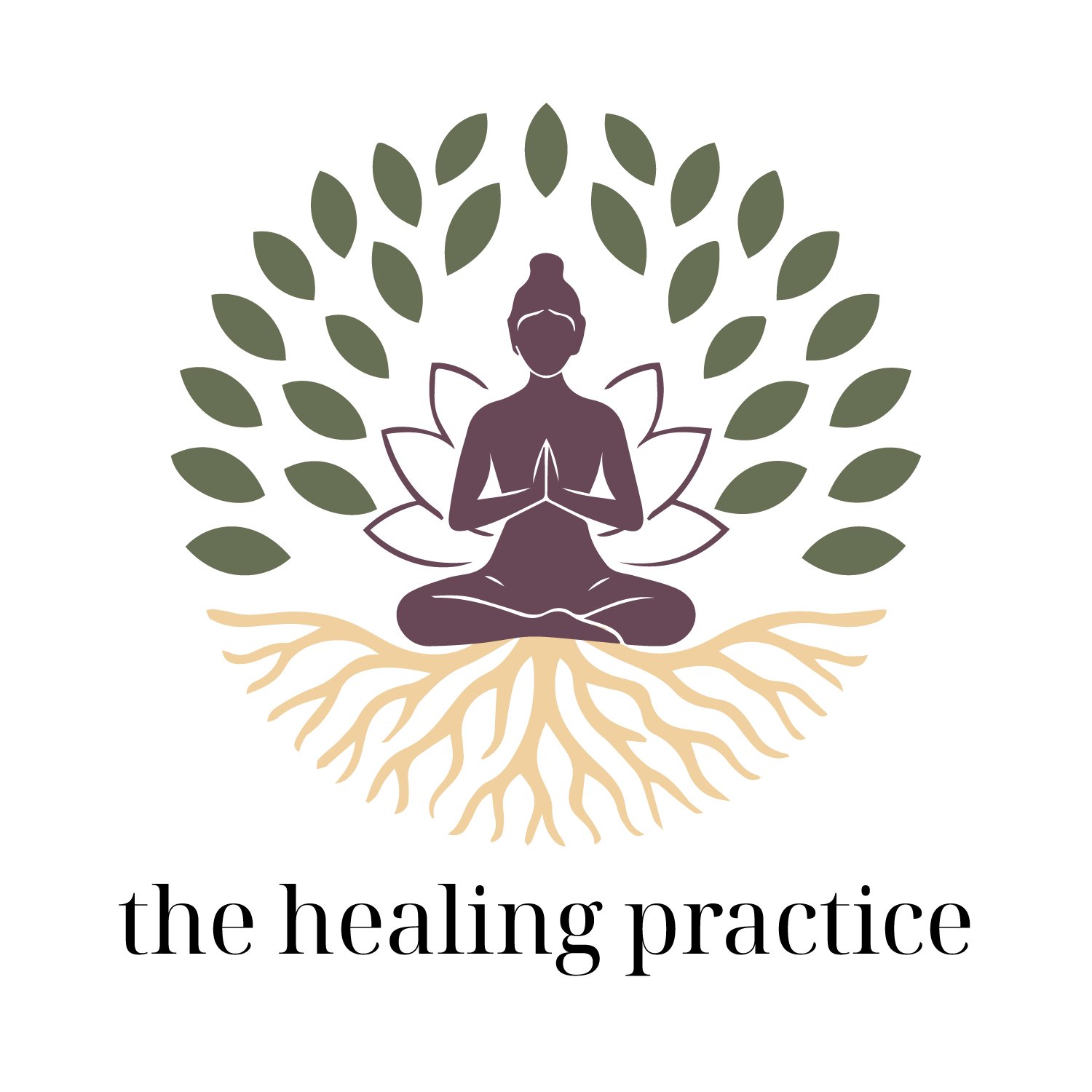The First Bloom is a transformative time, when a girl moving into womanhood steps into a new relationship with her body, her emotions, and herself. This transition, often marked by the arrival of menstruation, is more than a biological event. It is a meaningful passage into early womanhood that deserves to be met with understanding, celebration, and gentle guidance rather than discomfort, embarrassment, or confusion.
As young women step out into the world with heightened awareness of their bodily changes, they need to develop a strong sense of bodily autonomy and safety. This means understanding that this is MY body, and I decide who touches me, when, and how. Establishing these boundaries early and having trusted adults support them in holding these boundaries is essential as they navigate relationships and interactions with others, particularly peers who may show romantic or sexual interest.
In many cultures throughout history, this phase was honoured with rituals and community support. This first blooming was a rite of passage for young girls, marked with respectful reverence and symbolic awakening. It signified they were moving into a new phase of specific growth and development, and also marked their stepping up into the world of community with more responsible roles. Today, we have the opportunity to reclaim that respect, creating a strong, holistic foundation of body awareness and self-acceptance that will serve young women throughout their lives.
Understanding the Body: Approaching First Cycles Without Fear or Shame
Knowledge from trusted sources, shared at the right time, is empowering.
When young women understand what’s happening in their bodies, the unknown becomes more understood as a gateway into discovery. Menstruation is the body’s way of preparing for potential life and is a cyclical rhythm that connects us to nature, the moon, and generations of women before us. This monthly rhythm is a sign of health and vitality, an invitation to tune into your body and meet your body with understanding, curiosity, and self-care.
It’s essential to approach this conversation with openness and a positive attitude. Cycles may feel unpredictable at first, and that’s completely normal. The body is learning its own rhythm. Rather than framing periods as an inconvenience or something to hide, we can reframe them as a sign of health and vitality, and a monthly check-in with your physical self.
Emotional Wellbeing: Encouraging Open, Affirming Conversations
The hormonal shifts that accompany early cycles can bring unexpected emotions such as mood swings, sensitivity, or moments of introspection. These feelings are always valid and deserve acknowledgement without judgment.
Creating a safe space for conversation within families is vital. Parents, guardians, and mentors can normalise these experiences by sharing their own journeys and listening without dismissing concerns. Simple phrases like “Your feelings make sense,” or “Your body is doing exactly what it should” can provide immense reassurance.
From a psychological perspective, this is also when young women begin forming their relationship with self-worth and body image. Affirmations and positive reinforcement during this time create neural pathways of self-acceptance that last a lifetime.
Supportive Practices: Gentle Tools for This Transition
As a practitioner working from both body and psychological perspectives, I encourage simple, nurturing practices that honour this phase:
Journaling: Tracking cycles, emotions, and energy levels helps young women recognise their unique patterns and develop body literacy.
Affirmations: “My body knows what to do,” “My body is healthy and strong,” “I listen to what my body needs.”
Rest and gentle movement: Honouring the body’s need for rest during menstruation, while exploring light activities that feel good.
Nutrition awareness: Understanding how nourishing foods and fluid intake support hormonal balance and energy.
Mindful breathing: Simple techniques to manage discomfort or emotional overwhelm.
These practices help you build a compassionate relationship with your changing self.
Building Confidence: Developing Self-Trust and Body Awareness
The greatest gift we can offer during the First Bloom is helping young women develop trust in their bodies. This means teaching them to listen to physical cues, recognising when they need rest, nourishment, or support. It means validating their experiences and encouraging them to speak up about their needs.
Body awareness cultivated now becomes the foundation for confident decision-making, healthy boundaries, and intuitive self-care throughout all phases of womanhood. When young women learn that their bodies are not obstacles to overcome but allies to understand, they step into their power, and it is a natural step into active womanhood.
Closing Reflection: Celebrating This Natural Transition
The First Bloom deserves celebration, openness and pride. Whether it’s a special meal, a meaningful conversation, or a small ritual that marks this passage, acknowledging this transition creates positive associations that shape how young women experience their cycles for decades to come.
This phase is the beginning of a lifelong journey through the seasons of womanhood. By approaching it with education, compassion, and reverence, we help young women embrace their bodies as sources of wisdom and strength.
The First Bloom marks the ending of childhood and is the beautiful awakening to the next phase of active, empowered early womanhood.
If you’re seeking support in navigating this transition—whether for yourself or a young woman in your life—I offer guidance that honours both the physical and emotional dimensions of this journey.
